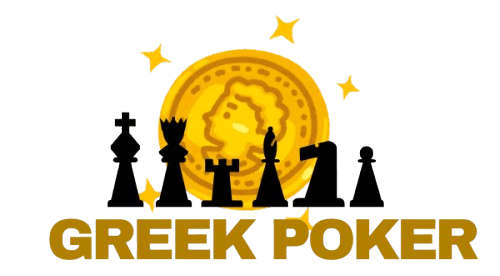While video games have long been seen as entertainment, PlayStation has consistently pushed the envelope by crafting games that go deeper—into our angkaraja fears, hopes, relationships, and morality. The best PlayStation games have often blurred the line between game and narrative drama, exploring themes more often reserved for literature or film. In doing so, they’ve helped video games mature as a medium and reach audiences on an emotional level that was once considered impossible for interactive content.
PlayStation has served as a platform for creators unafraid to tackle tough questions. The Last of Us explores what it means to love in a broken world and how far one should go to protect someone. Detroit: Become Human engages players with questions about freedom, identity, and ethics in an age of AI. These aren’t just games with great graphics—they’re emotionally layered experiences that ask players to think critically and, more importantly, feel deeply.
PlayStation’s commitment to narrative innovation also shows in its world-building. In games like Death Stranding, Hideo Kojima paints a bleak but fascinating picture of humanity’s struggle to connect in isolation. The result is more than just a unique game—it’s a philosophical journey. Similarly, Shadow of the Colossus delivers profound existential messages through minimalist design, using silence, scale, and symbolism instead of dialogue to express meaning. These are not just visual marvels; they are emotional experiments wrapped in digital worlds.
What sets the best PlayStation games apart is their respect for the player’s intellect and emotions. They’re not afraid to leave questions unanswered or present morally gray scenarios. They engage with players not as consumers, but as thoughtful individuals. That’s a legacy few platforms can claim—and it’s one that PlayStation continues to uphold with each new generation of powerful, personal, and profound storytelling.
